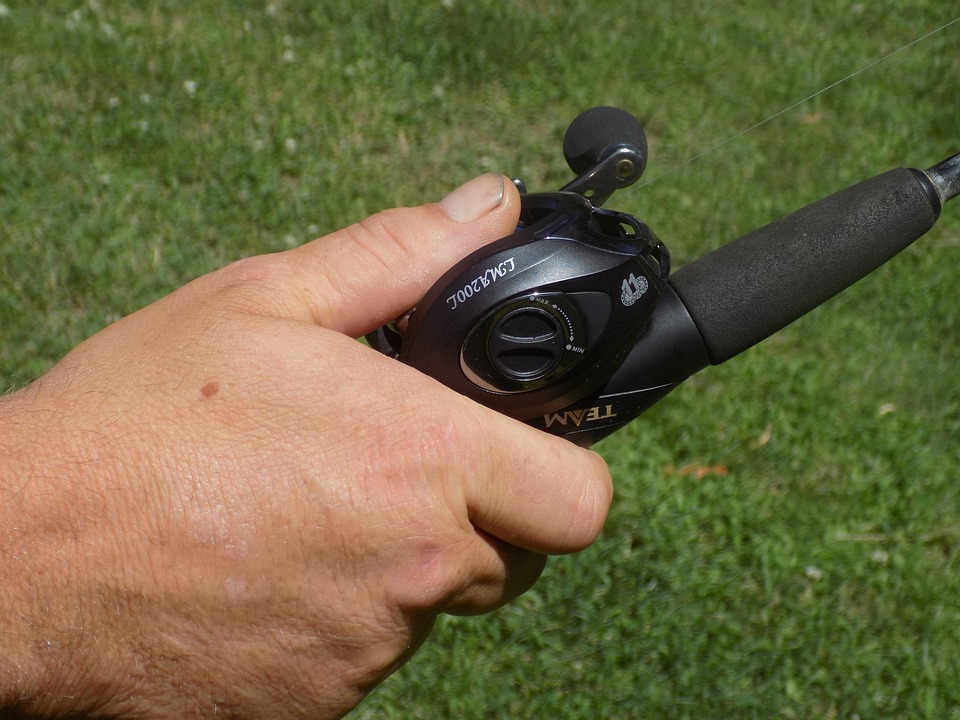Fish owners know that taking care of their aquatic pets involves more than just providing a tank and water. Seasonal changes can greatly affect the health and well-being of fish, which is why adjusting their feeding habits is crucial. In this article, we will discuss the importance of adjusting fish feeding for seasonal changes and provide some valuable tips to keep your fish happy and healthy all year round.
Fish, being cold-blooded creatures, are greatly influenced by the surrounding temperature and changes in their environment. Just like humans, their metabolic rate and activity levels fluctuate with the seasons. As a result, their nutritional needs also vary accordingly. Adjusting their diet to match these changes is crucial to support their overall health and promote optimal growth.
Understanding the seasonal feeding patterns is essential for adjusting fish feeding habits. Let’s take a look at each season and the corresponding feeding requirements:
1. Spring: During spring, fish become more active as the water temperature gradually rises. They start to emerge from their winter lethargy, and their metabolism speeds up. Begin increasing the amount of food you provide to meet their increased energy requirements.
2. Summer: In the summer months, fish are at their most active. They have higher energy demands due to increased metabolism. Feed them small amounts of food multiple times a day to avoid overfeeding and potential water pollution.
3. Autumn: As the water temperature starts to drop in autumn, fish become less active. Reduce the amount of food you offer gradually to prevent overfeeding and minimize waste accumulation.
4. Winter: During winter, fish enter a state of dormancy or reduced activity known as hibernation. Their metabolism slows down significantly, and their feeding requirements decrease accordingly. Offer your fish small meals sparingly during this period.
To adjust fish feeding during seasonal changes, here are some tips to keep in mind:
1. Observe your fish: Pay close attention to your fish’s behavior, appetite, and overall well-being. This will help you gauge their feeding requirements accurately. If your fish exhibit signs of being lethargic or disinterested in food, it may indicate a need to reduce the amount you are feeding.
2. Maintain water quality: Regularly check and maintain the water quality in your fish tank. Uneaten food can quickly degrade water quality, leading to various health issues for your fish. Remove any excess food that is not consumed within a few minutes to prevent water pollution.
3. Provide a varied diet: Offer your fish a balanced and diverse diet throughout the year. Providing a mix of high-quality pellets, flakes, frozen, or live foods will ensure they receive all the necessary nutrients.
4. Monitor water temperature: Keep a close eye on the water temperature in your fish tank. Invest in a reliable aquarium thermometer to stay informed about any temperature fluctuations. Adjust feeding amounts accordingly as temperature changes influence fish metabolism.
Now let’s address some frequently asked questions about adjusting fish feeding for seasonal changes:
Q: Can I feed my fish less during winter?
A: Yes, as fish become less active during winter, their feeding requirements decrease. Feed them smaller amounts of food less frequently, ensuring they can consume it all within a few minutes.
Q: Should I feed my fish more during summer when they are more active?
A: While fish are more active during summer, it is important to avoid overfeeding. Offer small amounts of food multiple times a day to match their increased metabolic rate and minimize waste accumulation.
Q: Can I feed my fish the same food throughout the year?
A: While it is possible to feed your fish the same food throughout the year, it is beneficial to provide a varied diet. Different types of food offer a range of nutrients, ensuring your fish receive a balanced diet.
Q: How do I know if I am overfeeding my fish?
A: Overfeeding can lead to poor water quality, obesity, and other health problems. Watch for signs such as uneaten food, cloudy water, excessive waste, and fish exhibiting bloating or lethargy. Adjust feeding amounts accordingly.
Q: Is it necessary to adjust fish feeding in a heated aquarium?
A: Yes, even in a heated aquarium, it is crucial to adjust fish feeding for seasonal changes. Temperature fluctuations within the tank can still influence fish metabolism, so adapting their diet is essential.
By understanding and adapting to the seasonal changes in your fish tank, you can ensure the well-being of your aquatic companions. Adjusting their feeding habits accordingly will help maintain their health, promote growth, and provide them with a comfortable and thriving environment throughout the year.









